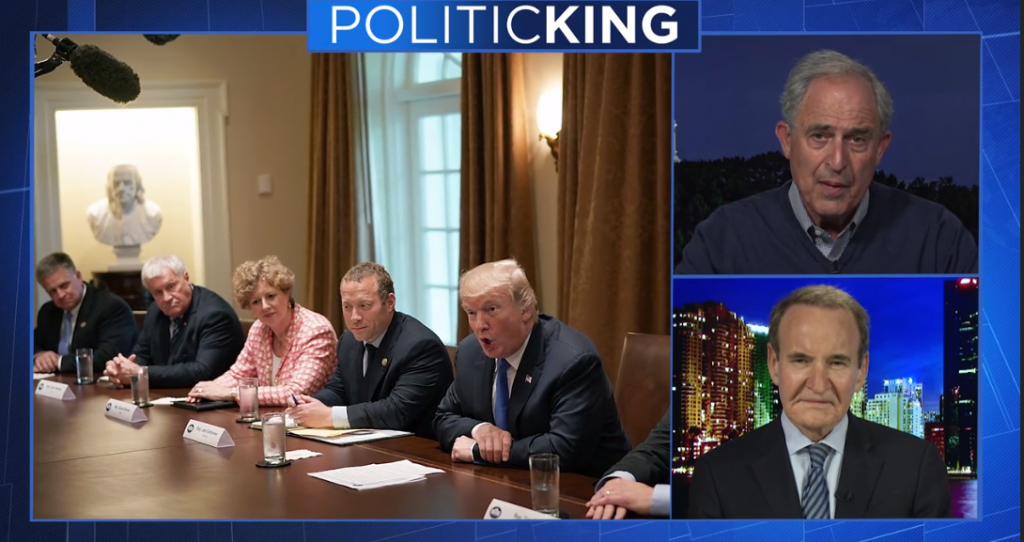OJ Simpson is back in court, this time to contest that the case that landed him in prison- an ill-advised attempt to reclaim some of his sports memorabilia property that he claimed was stolen from him- was botched by a lead lawyer that didn’t have his best interests in mind.
This lawyer, Yale Galanter, was apparently aware of the sting before it happened, and advised Simpson that he was within his right to approach the people. This turned out to be very bad advice, as he was convicted of kidnapping and armed robbery due to one of his friends bringing a gun along with them.
And while bad advice isn’t grounds for a mistrial, being a witness in a case that you’re defending is a conflict of interest that should have resulted in Galanter recusing himself from the case. More than that, however, it seems that Simpson is accusing Galanter of failing to properly defend him, by not reviewing evidence properly, by not telling Simpson about decisions and plea bargain opportunities, and by advising him not to testify in his own defense.
But while mistakes were certainly made in the case, it’s not obvious that different tactics would have resulted in a different verdict. Due to the fall-out from Simpson’s earlier murder “trial of the century” it seems that the public was biased against Simpson.
Kendall Coffey discussed the case back in 2008 when it was being tried. And as Coffey tells it in his book Spinning the Law: Trying Cases in the Court of Public Opinion, evidence exists to support the idea that the police and prosecutors were working very hard at putting Simpson in jail.
Kendall Coffey writes, “when police alleged that O.J. Simpson, along with gun-toting accomplices, stormed into a Las Vegas hotel room to confiscate allegedly stolen sports memorabilia, they brought serious charges against all the defendants, including robbery and kidnapping counts with possible sentences of life in prison. Apparently, though, police were more interested in nailing O.J. than his less notorious co-defendants. Three of the alleged accomplices received “deal-of-the-century” plea bargains to get them to testify. O.J.’s co-defendants, even those who say they had guns, bargained their way to probation and community service.”
Simpson’s past arrest for murder was officially kept from the jurors in the case however, as Coffey writes, this “could have indeed mattered to the three adults in Nevada who did not already know.” Indeed, the Simpson trial was one of the biggest televised trials in the history of media. According to Spinning the Law, “reportedly the first question Russian President Boris Yeltsin asked US President Bill Clinton when he arrived for a summit was, ‘do you think OJ did it?'”
As Kendall Coffey puts it, “the conventional wisdom was that the dream team “out-lawyered” the prosecution, thus securing acquittal for an obviously guilty man.” Obviously such a belief in the minds of the public can end up disastrously for those who, like O.J., end up back in a court of law.
O.J.’s own lawyer said he had never been in a case where every witness is made out to be a liar.

